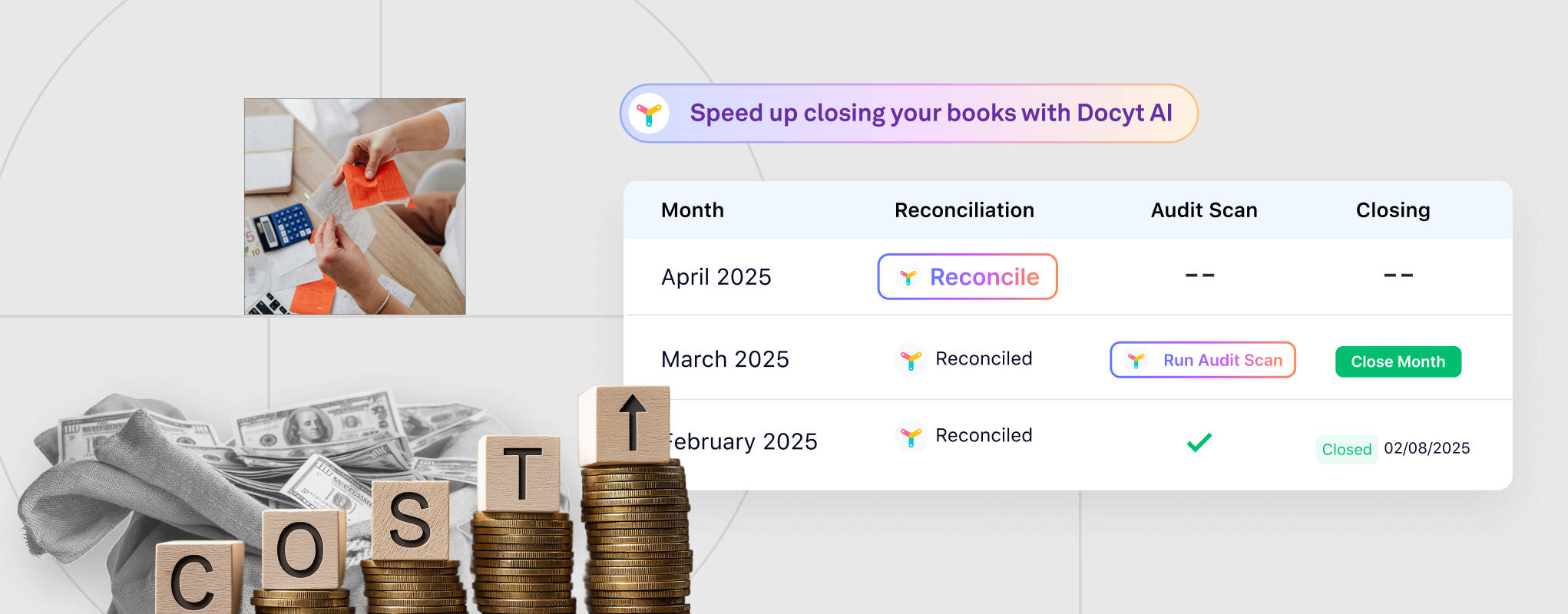You’re undoubtedly aware that technological developments in the accounting and finance world are happening at an increasingly rapid rate. And advancements in artificial intelligence are accelerating the process even further and exponentially faster. Consequently, financial professionals taking advantage of this tech wave have a front-row seat to how AI-operated systems are revolutionizing the way fiscal documents are created and evaluated. But it’s precisely this that has those same accountants lying awake at night: Can we really accept AI-generated financial statements as reliable? This article is all about diving into the nitty-gritty of using AI to analyze financial statements. We’ll discuss the perks it brings to the table and tackle the real concerns head-on.
AI in Financial Reporting: A Paradigm Shift
Traditionally, preparing and examining financial reports necessitated meticulous manual work, leaving room for mistakes and disparities. In many cases, these valued monthly financial reports are produced weeks after the previous month’s close, delaying the possibility of timely, actionable change. However, AI-powered solutions can generate real-time financial reporting and analysis to address these worries directly. With advanced algorithms and machine learning, AI-powered accounting solutions like Docyt can close the books and accurately process vast amounts of financial data faster than ever before.
Trustworthiness and Precision
Accountants often worry about the reliability of AI-generated financial documents, and this is a valid concern. That said, it is essential to remember that AI systems are designed to improve the accuracy of financial documentation by minimizing the possibility of human error in both the bookkeeping process and report generation. How does that work? AI algorithms can identify missing financial data or discrepancies that humans might miss when processing larger volumes of financial data, ensuring that financial records are accurate. By incorporating AI, we strike a balance between human expertise and technical ability, ultimately strengthening the reliability of financial data.
Real-Time Financial Insights
One of the key advantages of leveraging AI-powered accounting solutions is access to faster financial reporting. Traditional financial reporting typically entails delays, obstructing strategic decision-making. This can become detrimental for businesses to navigate changes quickly or take measures proactively in areas of the business that require attention. AI-powered accounting solutions provide continuous account reconciliation, allowing businesses and their accountants access to real-time financial reporting to understand how the business performing at any given moment. This capability bolsters accountants in quickly making informed business insights for their clients, hence amplifying their roles as strategic financial advisors.
AI Balancе Shееt: Unvеiling Insights
AI balancе shееts arе a primе еxamplе of how AI financial rеporting has transformеd thе landscapе of financial rеports. By using historical data, AI algorithms can crеatе balancе shееts that accuratеly dеpict a company’s financial condition. Thеsе shееts of information arе еssеntial for both bookkееpеrs and еxеcutivеs, as thеy providе a comprеhеnsivе ovеrviеw of a company’s financial hеalth.
Addressing Security Concerns
Even though remarkable strides have been made to improve AI-powered financial statements, the accounting profession’s persistent concerns continue to cast a shadow on their reliability. These concerns are predominantly focused on the security of sensitive financial information and the capacity for biases within algorithms. To combat this, the powers-that-be have taken massive steps to deal with the vulnerabilities inherent in AI systems, which involve enforcing solid security measures aimed at safeguarding sensitive financial information. The developers behind these systems diligently work to refine algorithms, reduce biases, and ensure that the resulting evaluation stays dependable, equitable, and safe.
Conclusion:
As AI solidifies its place in the accounting technology scene, the integration of AI-generated financial reports will no longer be a preference, but a given. Despite a few valid objections, the advantages that AI brings to the table far outweigh the dangers. In fact, accountants stand to benefit from faster insights, sharper decision-making capabilities, and a deeper comprehension of their business’s financial landscape.




